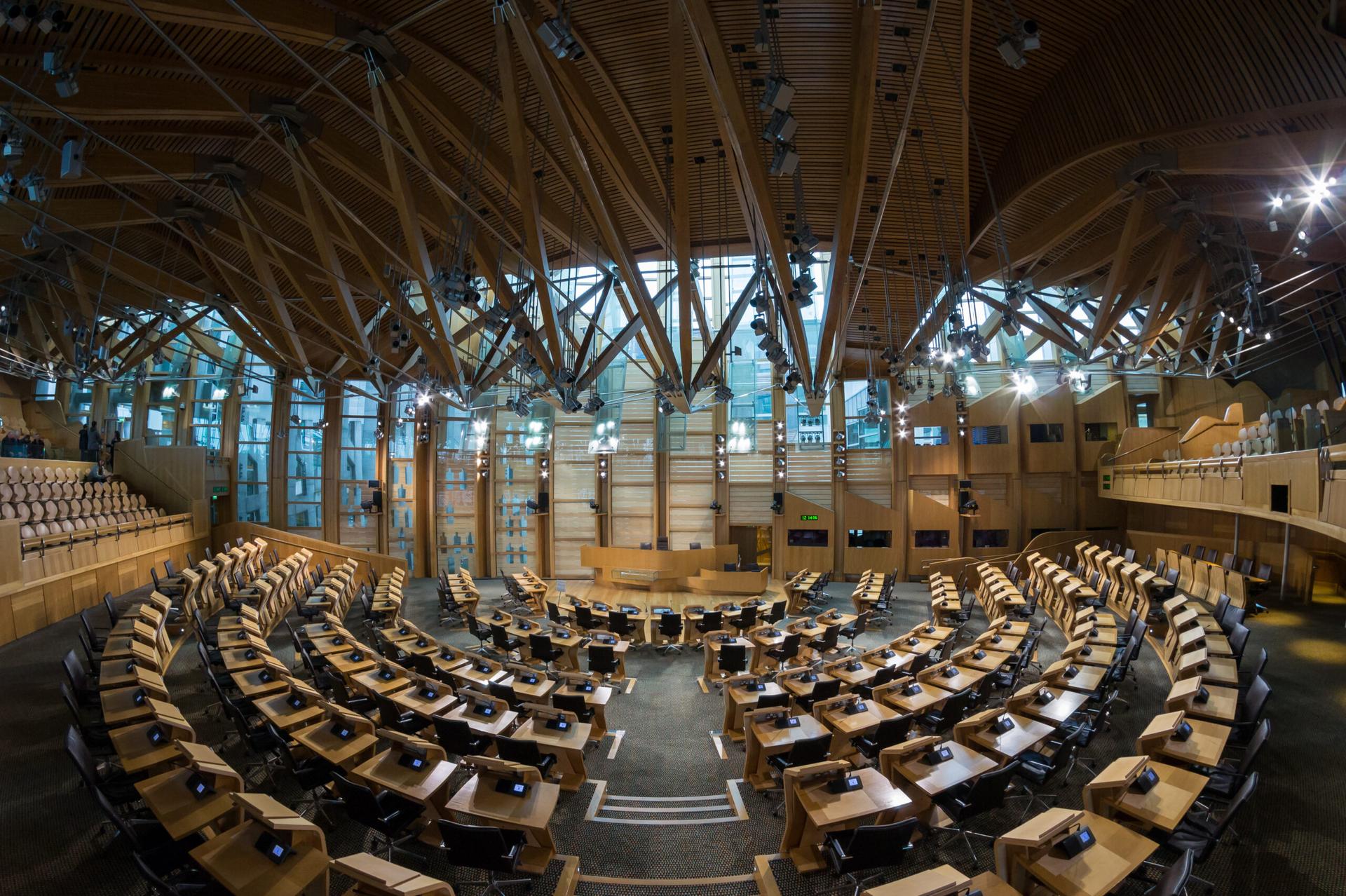LEICESTER, United Kingdom – Scotland’s bishops say the “prevailing anti-life culture” denies the “inescapable truth of abortion” – it is the “deliberate termination of the life of an unborn human person.”
The bishops were making a submission to the Scottish Government’s Abortion Law Review Expert Working Group.
The working group has been set up by the Scottish Government to review the current law on abortion and to provide Scottish ministers with recommendations on whether or not aspects of the existing law should be changed.
Scotland is currently under Great Britain’s Abortion Act 1967, which currently allows abortions which risk to the life of the pregnant woman, to prevent grave permanent injury to her physical or mental health, risk injurying the physical or mental health of the pregnant woman or any existing children of her family up to a term limit of 24 weeks, or a substantial risk the child were born, he or she would “suffer from such physical or mental abnormalities as to be seriously handicapped.”
However, the Scottish Parliament is considering expanding legalized abortion in Scotland.
Former First Minister, Nicola Sturgeon, established the current working group after the U.S. Supreme Court overturn the Roe v Wade ruling that legalized almost all abortions in America in 1973.
The bishops’ submission argues the state has a “collective duty” to “uphold the right to life and to ensure that both mother and child are accepted and loved by a caring, compassionate society.”
The Catholic leaders also said it is important to recognize “the significant impact poverty has on women who have abortions,” pointing out the rate of abortion is higher in poor areas.
“The Scottish Government should be working with other public bodies and third sector organizations to support women experiencing a crisis pregnancy, helping to provide for their financial, material and emotional needs,” the bishops write.
“We are concerned that the mental health and wellbeing of needs of women experiencing a crisis pregnancy are not being adequately addressed. This is especially the case with an increase in early medical abortions at home where there is no face-to-face contact with a medical practitioner before the abortion process has begun,” they add.
Their statement also looks at statements from the Committee on the Rights of Persons with Disabilities, which asked that abortion laws not single out unborn children with disabilities.
“Will the Scottish Government respond to this recommendation and change its abortion law so that babies with disabilities are not singled out and discriminated against?” Scotland’s bishops ask.
In their statement, the bishops repeated their argument that all unborn children are members of humanity from conception, and called on the Scottish Government “to recognize that all human life deserves to be respected, including the smallest and extremely vulnerable members of the human family, the unborn.”
Follow Charles Collins on X: @CharlesinRome













